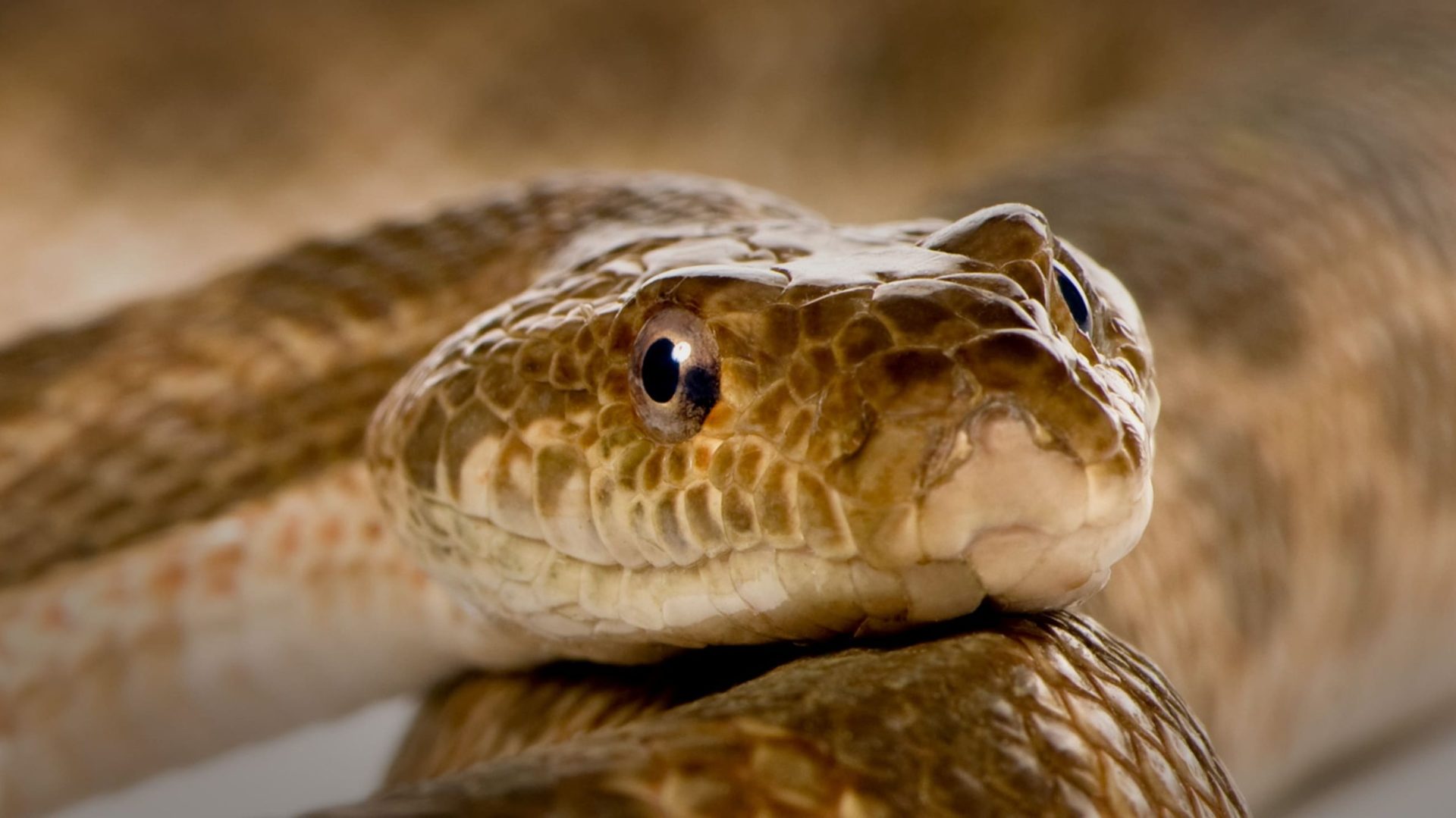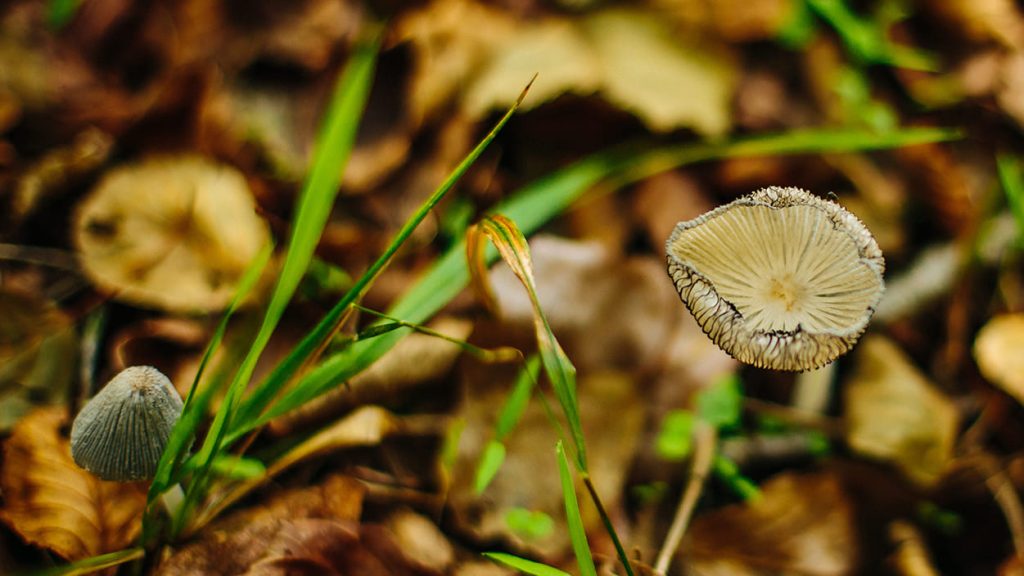In nature, all forms of life perform functions that contribute to the balance of ecosystems and to the continuity of life cycles that we often take for granted. The maintenance and regulation of these balances suffices to explain how important is biodiversity.
Biological diversity directly influences the cycles that sustain life on the planet – biogeochemical cycles, such as water, carbon, oxygen, and nitrogen – and to understand the importance of biodiversity there is nothing better than realising that we depend on it for almost everything, from the air we breathe to the water we drink.
The importance of biodiversity is evident from an ecological or environmental perspective, since its contribution is essential for regulating and maintaining many natural functions – the so-called ecosystem services – which include, among others, carbon sequestration and climate regulation, soil formation and conservation, air filtration, pest and disease control, and mitigating the impact of natural disasters.
Essential to life on Earth, biodiversity has a great influence on many other areas of our lives, such as the economy and health.
- On an economic level, we depend on this diversity to obtain everything from raw materials to food, since much of the production activity that sustains us depends on the renewal of natural resources. Estimates from the World Economic Forum indicate that more than half of the world’s gross domestic product (GDP) – in other words, half of the wealth produced globally, which corresponds to 40 trillion euros –is dependent on nature. The loss of biodiversity thus becomes a central issue in the life of companies, with impacts that extend to their operations and supply chains.
- Our health is also dependent on biological diversity, since many medicines incorporate active ingredients derived from plants and microorganisms, with numerous substances of pharmacological interest discovered every year. On the other hand, scientific studies suggest that disturbances in habitats and their species – displacement of species caused by deforestation and the impact of climate change, for example – are associated with outbreaks of infectious diseases, such as Ebola or Zika. This is even one hypothesis that has been put forward for the spread of SARS-CoV-2 to humans.
With the reduction of biodiversity, every day we are running the risk of unknowingly losing products and services that could be of enormous benefit to our health and nutrition, and to our lives as a whole.





